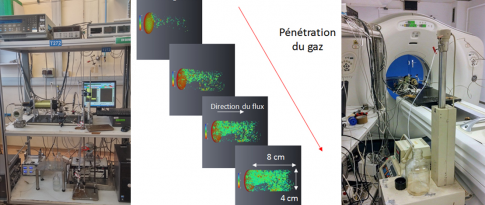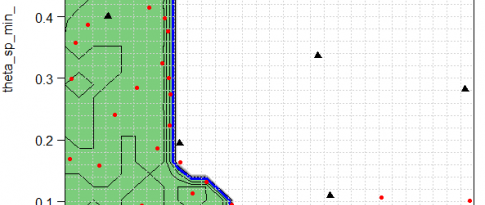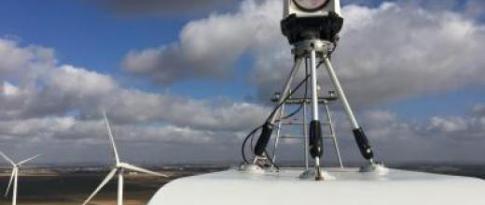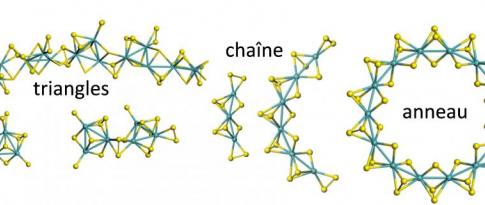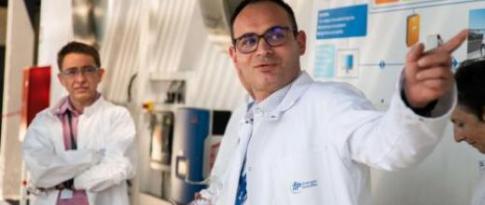04.11.2019
15 minutes of reading
 As far as Rabelais was concerned, “Science without conscience is only ruin of the soul” but what can be said of science without sharing or cooperation?! Because while by its very nature scientific research is driven by knowledge already acquired and the analysis of previous work, incorporating outside expertise is essential to success.
As far as Rabelais was concerned, “Science without conscience is only ruin of the soul” but what can be said of science without sharing or cooperation?! Because while by its very nature scientific research is driven by knowledge already acquired and the analysis of previous work, incorporating outside expertise is essential to success.
IFPEN applies this principle in its fundamental research partnerships, tapping into the very dense research biotope in order to generate or further develop partnerships of strategic importance to its scientific policy. Collaborative research programs are helping to overcome some fifty or so scientific challenges identified as obstacles to research in its strategic areas: sustainable mobility, new energies, climate and the environment, responsible oil and gas. Of fundamental importance to research and innovation, this work takes the form of theses, post-doctoral research, scientific visitor secondments, collaborative projects and road maps formalized by a framework agreement.
These collaborative programs concerning research in various scientific fields and for diverse applications are illustrated in this issue. And they are all examples of the benefits of the open research IFPEN has been contributing to with conviction for many years.
Isabelle Morelon
IFPEN Scientific Division
Hybrid vehicle energy management optimization within the framework of the partnership with INRIA
The scientific cooperation agreement signed with INRIA in 2015 covers two fields: the “digital and IT performance of simulators” and the “control and optimization of comple
A scientific visitor helps improve the monitoring of CO2 storage facilities
Over the past ten years, IFPEN has been conducting research on the geochemical monitoring of the geological storage of CO2, in order to gain a better understanding of th
A robust vehicle pollution control system thanks to the OQUAIDO chair
The OQUAIDOa applied mathematics chair, launched in January 2016 and hosted by the École des Mines engineering school in Saint-Étienne, brings together academic and indu
SmartEole project: making better use of wind through smart rotors
The rapid development of wind energy production depends, to a great extent, on improving its energy efficiency and its economic profitability. To maximize
F’Unlock project: to unlock plant biomass hydrolysis using enzymes
Lignocellulosic biomass is an interesting raw material for the production of fuels and chemical intermediates because it is abundant and has a much smaller environmental footprint than fossil alter
The ROAD4CAT chair one year in
The 1st industrial chair within the IdexLyon projecta, ROAD4CAT (RatiOnAl Design for CATalysis), launched in June 2018, brings together IFPEN and the Chemistr
CARMEN focuses on energy transition materials
To support the development of innovations for the energy transition, the CNRS, École Normale Supérieure Lyon, IFPEN, Sorbonne University, Claude Bernard








